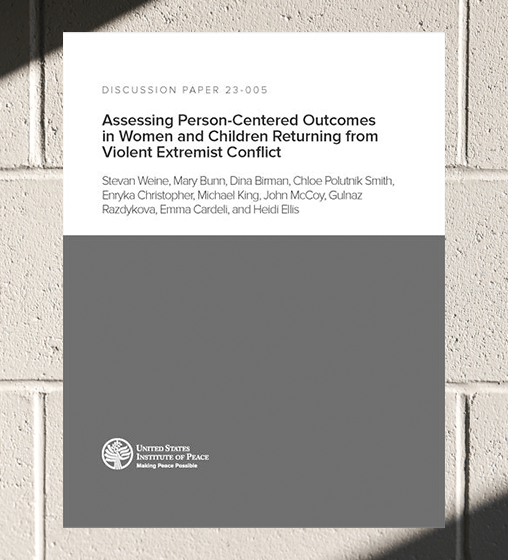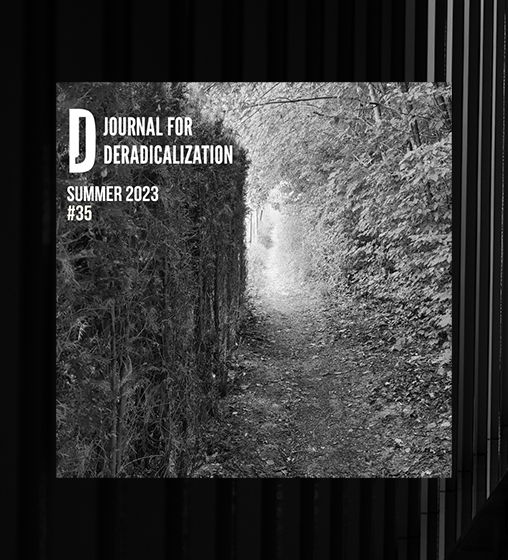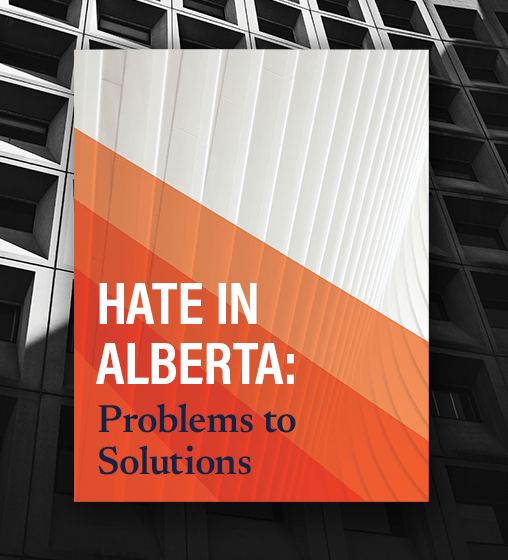In this article from CBC News, findings from our latest report, Hate, Extremism & Terrorism in Alberta, Canada, & Beyond, are discussed.
Original Article
Published by CBC News on September 1, 2022
Extremists in Canada are increasingly cherry-picking aspects of various violent ideologies to form their own belief system, in a phenomenon known as “salad-bar extremism,” a new report has found.
“This “salad bar’ extremism, originally used to describe an emerging phenomenon in the U.S., is now present in Canada,” a report released Thursday by the Organization for the Prevention of Violence (OPV) reads.
Hate, Extremism, and Terrorism In Alberta, Canada, and Beyond measures the shift in activity between 2019 to 2022.
Mike King, director of research at the OPV, said that in the past, there were many distinct ideologies, listing examples such as white supremacy, anti-government extremism and left-wing extremism and extreme misogyny.
“Now we’re seeing more and more blurred planes between these ideologies where people are kind of picking and choosing portions of the same ideologies, and putting them together and almost kind of having a tailored extremist ideology of their own,” he said.
It’s been three years since the OPV – a non-government organization formed to prevent radicalization and challenge extremist views – published its first report about hate-motivated violence, extremism and terrorism in Alberta.
Since then, researchers say much has changed due to the broad social repercussions from events such as the pandemic, protests against public health measures, tense elections in the United States, and the backlash to racial justice movements.
“The structure and landscape of [ideologically motivated violence extremism] actors continues its shift from group-based tactics to lone-actor and small-cell activity, particularly within the realm of xenophobic extremism,” the report reads.
Part of the reason for the shift, King hypothesized, is that that some of the patriot and militia groups such as The Three Percenters and Proud Boys have been added to Canada’s list of terrorist entities.
The designation makes it easier to charge and arrest individuals supporting the group financially and stop finances flowing to the group, King said.
Proud Boys chapters in Alberta have folded or been dissolved since the Capitol riots in the U.S, the report indicates. The report described the Proud Boys as “a traditionalist, neo-fascist chauvinist organization loosely tied to white power.”
The report is based on unprecedented access to interviews with members of the RCMP, municipal policing agencies, provincial and federal justice agencies, public safety officials, community leaders, and frontline practitioners, John McCoy, OPV executive director, wrote in an email.
He added that the OPV runs a program called Evolve, where staff work directly with individuals and families looking to disengage from violent extremism. Psychologists and mentors who work with Evolve also contributed to the report.
An increasing number of people gravitating toward forms of extremism have some form of mental health issues, King said.
That creates new challenges, said King.
“Is the response primarily a psychosocial intervention, or is it more a national security response or is it a bit of both? And I think that can be quite complicated because you definitely don’t want to be securitizing what is essentially a mental health issue,” he said.
“But you also don’t want to be medicalizing what is a security issue. So, there’s a fine line there, and I think you really need a lot of experts there to help with the assessment of these cases.”
CBC News. “‘Salad-bar’ extremism on the rise in Canada, report says.” CBC News, 1 September 2022



